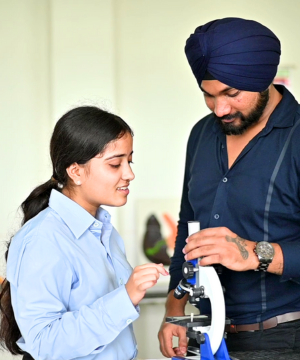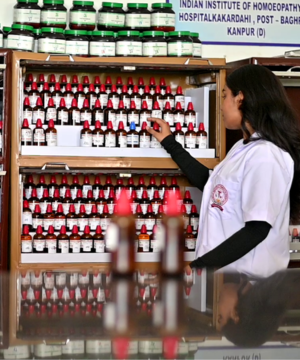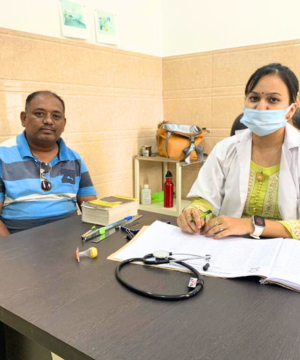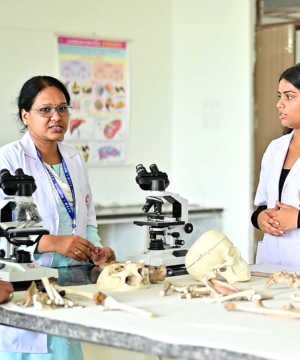The Department of Obstetrics and Gynecology (OB/GYN) is a vital part of medical education and healthcare, focusing on the health of the female reproductive system and the management of pregnancy and childbirth. This department plays a critical role in training medical professionals to provide comprehensive care to women throughout their lives, from adolescence through menopause and beyond.
Obstetrics involves the care of women during pregnancy, childbirth, and the postpartum period, while gynecology focuses on the diagnosis and treatment of disorders of the female reproductive system. The Department of Obstetrics and Gynecology provides education and training in these areas, ensuring that healthcare providers can deliver high-quality, patient-centered care.
Key Areas of Focus
Obstetrics
Gynecology
Educational Objectives
Curriculum and Teaching Methods
Faculty and Resources
Importance in Medical Education
The Department of Obstetrics and Gynecology is essential for training healthcare providers who can address the unique health needs of women. Comprehensive education and training in OB/GYN ensure that future physicians can deliver high-quality care throughout all stages of a woman's life, from reproductive health and pregnancy to menopause and gynecologic health.
By integrating theoretical knowledge with practical experience, the Department of Obstetrics and Gynecology prepares medical students and residents to handle a wide range of conditions and scenarios. This comprehensive training is crucial for ensuring the well-being of women and promoting advancements in women's health care.




Whether you’re considering a foundation course or an undergraduate academics is a place.
View AllCopyright © 2024 All Rights Reserved by Indian Institute Of Homoeopathy & Hospital